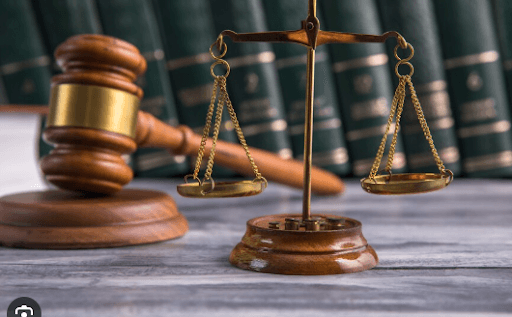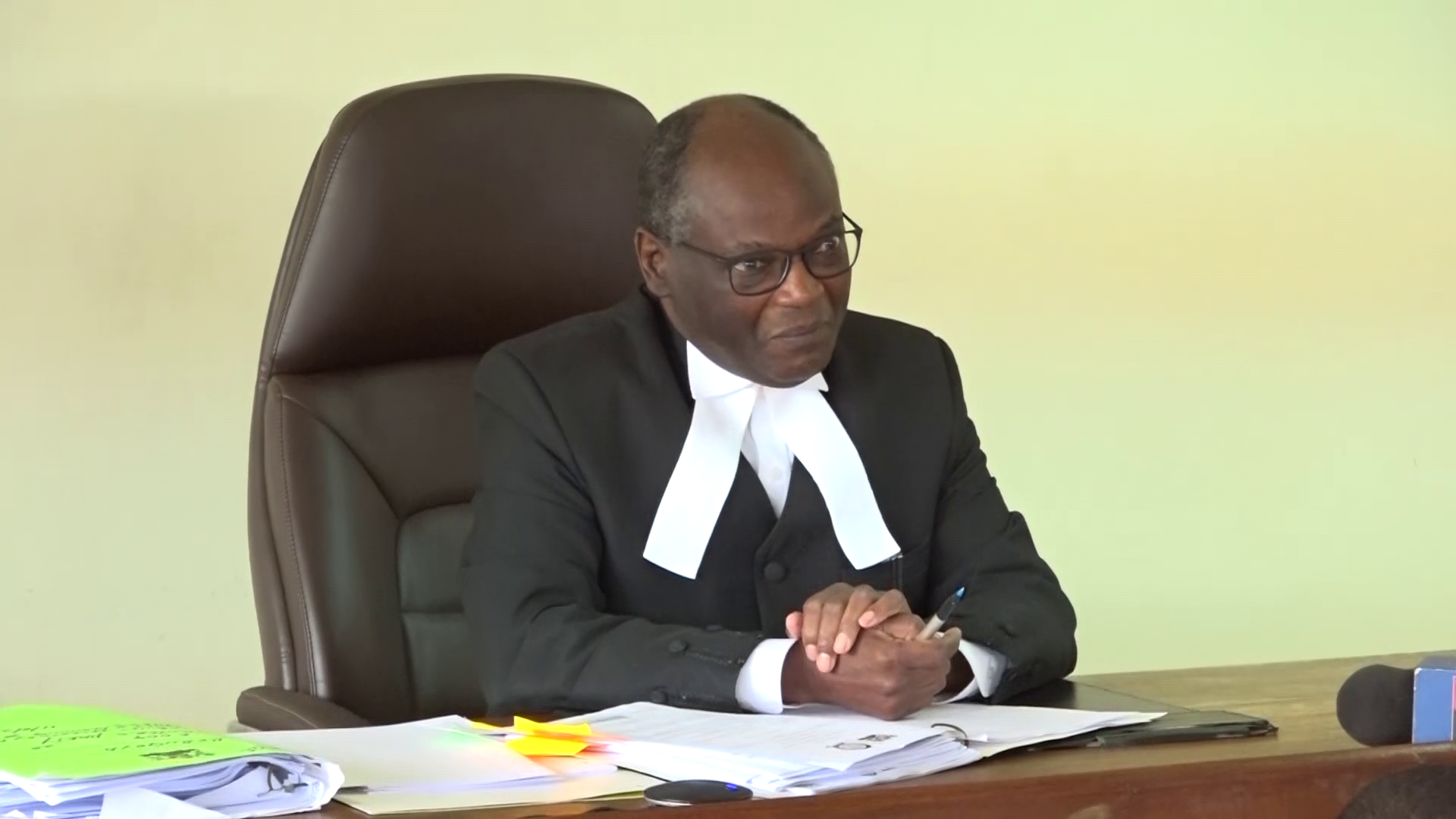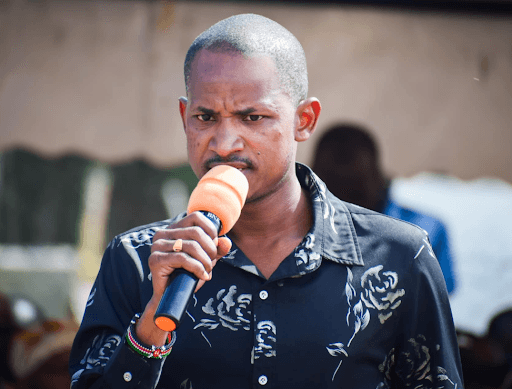
 Kerugoya judge Edward Muriithi during a court session on November 3, 2025
Kerugoya judge Edward Muriithi during a court session on November 3, 2025Kerugoya High Court has extended conservatory orders barring the national government from implementing the Computer Misuse and Cybercrimes (Amendment) Act, 2024.
Judge Edward Muriithi extended the orders following a petition filed by Kirinyaga Woman representative Njeri Maina, who is challenging Section 6 (i) (j) (a).
The orders stopping the government from enforcing provisions of the Act were first issued by Justice Lawrence Mugambi on October 22, following the filing of a petition by Reuben Kigame and the Kenya Human Rights Commission in Milimani High Court.
The two challenged Section 27 (1) (b), (c) and (2) of the Act that were amended in the law introduced in Parliament in August 2024.
Justice Muriithi halted the enforcement until November 5, pending the hearing of the application before Justice Lawrence Mugambi.
“These interim orders shall be extended until Wednesday when the matter is set for directions before the judge in Nairobi,” he said.
Through her lawyer, George Sakimpa, the MP had told the court that the amendments significantly curtail digital platforms and freedom of expression in the country.
The amended Act, she said, grants the state unchecked powers to restrict digital accounts without judicial oversight, contravening the constitution.
The Attorney General, through Advocate Paul Nyamondi, however, defended the law, insisting that it does not infringe on Kenyans' right to expression.
He said the specific section only applies to online platforms that promote unlawful activities, inappropriate sexual content, terrorism or religious extremism.
“Only then will the online platform be rendered inaccessible. It’s not a blanket application as the petitioners allege,” Nyamondi told the court.
The law was one of the eight that President William Ruto assented to on October 15, and prohibits the use of electronic media to promote terrorism and religious extremism.


















